APPC has launched the Annenberg Science Media Monitor to analyze the content of news reporting on science. The first report focuses on coverage of scientific discovery.

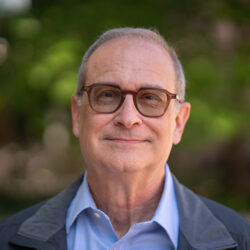
Michael Rozansky has worked as an editor, writer and reporter for 30 years. Before joining the Annenberg Public Policy Center as director of communications, he spent more than 20 years at the Philadelphia Inquirer, most recently supervising its arts and entertainment coverage. He has reported on the arts, media, business, politics, national and regulatory issues. Rozansky also developed and taught a class at Temple University on the history and practice of celebrity journalism. He received a bachelor’s degree in English and American literature from Brown University and a master’s degree in journalism from Columbia University’s Graduate School of Journalism.

APPC has launched the Annenberg Science Media Monitor to analyze the content of news reporting on science. The first report focuses on coverage of scientific discovery.
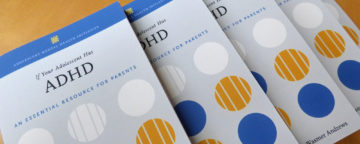
'If Your Adolescent Has ADHD,' a supportive guide for parents that uses evidence-based approaches to treatment, is the latest book in a series developed under APPC's guidance.

Social and news media have different associations with risk perceptions and preventive behavior in an emerging health threat such as Zika, according to new research.
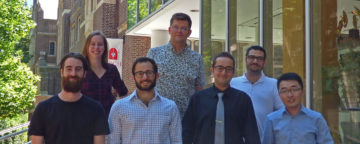
APPC has welcomed seven new postdoctoral fellows in the Science of Science Communication. They bring expertise in communication, media, political science, and psychology, among other fields.
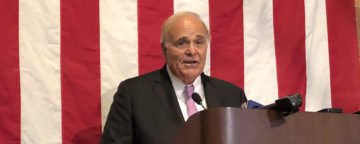
Should the requirement that the president be a "natural born Citizen" be kept in the Constitution? That's the Citizenship Challenge question for Pittsburgh-area 4th and 5th grade students.
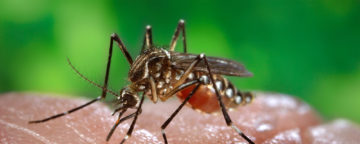
Threatened by the mosquito-borne Zika virus in 2016, Florida residents were much more likely than non-Floridians to report taking protective measures. Even so, fewer than half of Floridians said they actually did so.

APPC Director Kathleen Hall Jamieson spoke with WHYY's 'Radio Times' about Trump's tweets, saying it was important for the press and public to distinguish what is consequential from what isn't.

For media reporting on the deaths of Kate Spade and Anthony Bourdain, these recommendations for reporting on suicide were developed by mental health, journalism and suicide prevention authorities, including APPC.

APPC, the home of FactCheck.org and Annenberg Classroom, has partnered with iCivics to create a free, online educational game to teach news literacy and the precepts of journalistic standards to students and adults in an age of "fake news."

Parents are more willing to let their children see intense gun violence in PG-13 movies when the violence appears “justified,” used to defend a loved one or for self-protection, than when it has no socially redeeming purpose, a new study finds.